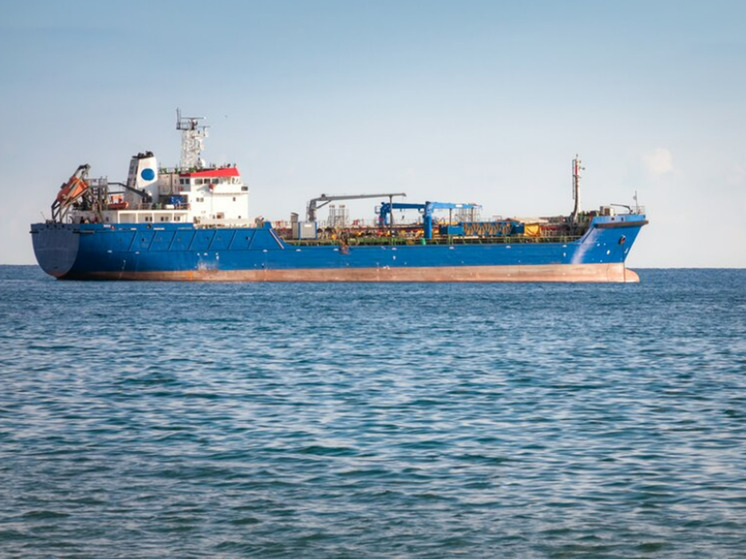Washington announced sanctions on shipowners collaborating with Moscow
Washington tightened control over compliance with the price “ceiling” on Russian oil and moved from verbal threats to concrete actions. The US Treasury imposed sanctions on three tankers allegedly caught transporting raw materials from our country at prices above the imposed limit: ships from the UAE and Liberia and their owners came under attack. In addition, the United States demanded that a number of states not allow Russia’s “shadow fleet” to sail under their flags.

Shipowners subject to restrictions, according to the American department, transported Russian oil at $70 per barrel, which is ten dollars higher than the “ceiling” set by the West for raw materials from our country. The accusations are supported by data from the British ship tracking service Lloyd's List Intelligence. The sanctions included the tankers NS Champion, Viktor Bakaev and HS Atlantica, as well as their owners — Sterling Shipping Incorporated and Streymoy Shipping Limited, registered in the UAE, and HS Atlantica Limited, based in Liberia. The ships of these companies are now prohibited from entering various world ports and using the services of Western insurance companies.
For the first time, Washington introduced sanctions against international maritime carriers that continue to transport Russian raw materials in circumvention of tariff restrictions in mid-November. Until this moment, the United States had not taken specific measures against shipowners violating the price limit, making do with only warnings. To begin with, the Americans included the Kazan, Ligovsky Prospect and NS Century vessels, also registered in the UAE and Liberia, on the “toxic” list. While the first two ships endured the claims relatively painlessly, since they had already completed their scheduled voyages in early and mid-autumn, the last tanker was unlucky. NS Century almost delivered a cargo of oil to India, but after the announcement of sanctions, New Delhi decided to delay the ship's access to its port terminals, so the ship was forced to drift off the coast of Sri Lanka.
Experts believe that the restrictions imposed on carriers can be regarded as a serious tightening of control over compliance with the price ceiling for Russian oil. “Such measures have already led to results — some large Greek shipowners listened to the demands of the States and stopped cooperating with Russian companies in mid-November,” notes Artem Deev, head of the analytical department at AMarkets.
The fact that Washington is gradually moving from talking about compliance with the “ceiling” to tangible measures of influence is also confirmed by unequivocal letters that the United States, together with the European Union and Great Britain, sent to the authorities of Liberia, Panama and the Marshall Islands. In their messages, Western representatives persistently advise their recipients to increase control over tankers that fly the flags of these countries and transport Russian oil in violation of the G7 “ceiling”, and also signal an increased risk of the activities of sea vessels that do not have European or American insurance policies.
“We should not forget that at present the possibility of a shortage of energy resources on the world market is not being seriously considered, therefore, interruptions in oil supplies from our country are no longer critical for importers,” Deev believes. “Therefore, Western demands not to cooperate with the Russian “shadow fleet” can have a noticeable effect.”
At the same time, sanctions against fuel exports from Russia have been in effect for about a year and, as practice shows, domestic exporters have long learned to bypass the obstacles introduced by the West. “Back in the middle of summer, approximately 65-70% of our oil was supplied abroad at prices much higher than the “ceiling” level set by the West, and the cost of many shipments was close to Brent quotes,” says BitRiver communications director, economist Andrei Loboda . In this regard, there is no reason to believe that established trade in Russian energy resources will remain a thing of the past. Most likely, the expert believes, the new “draconian” measures of the West will turn out to be targeted and only small carriers will be subject to restrictions. In addition, if sanctions are announced, the shipowner can, for example, easily change his legal details and rename the tankers.
“There are enough states in the world that do not support the United States. There will always be a country under whose flag merchant ships, even with “toxic” oil from Russia, will be able to sail the seas and oceans,” says Artem Tuzov, director of the corporate finance department at IVA Partners.


